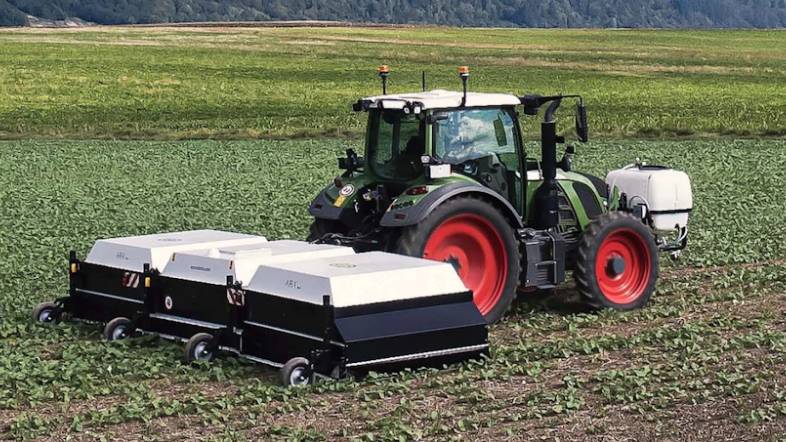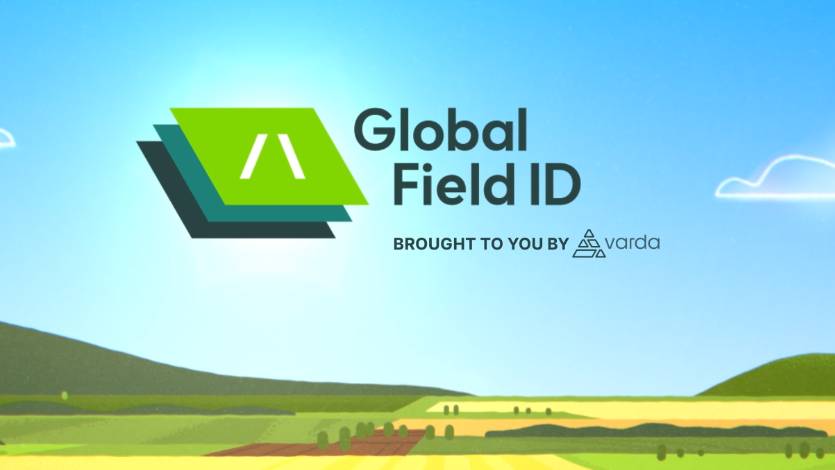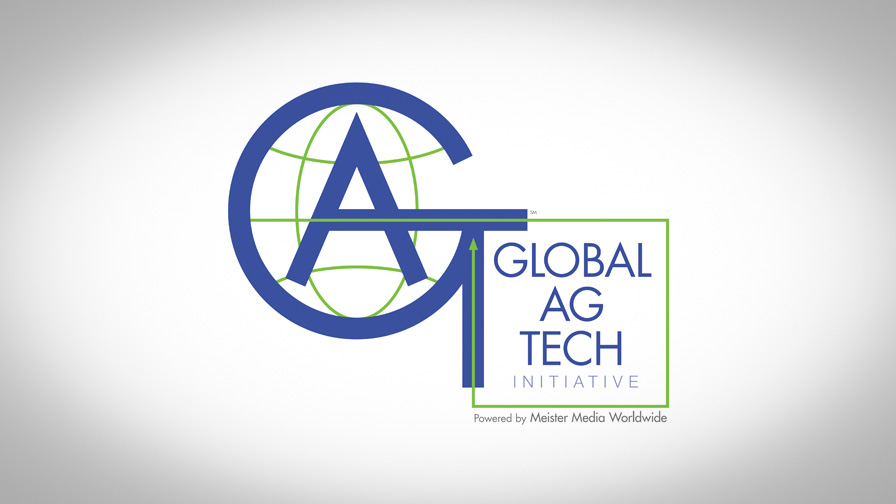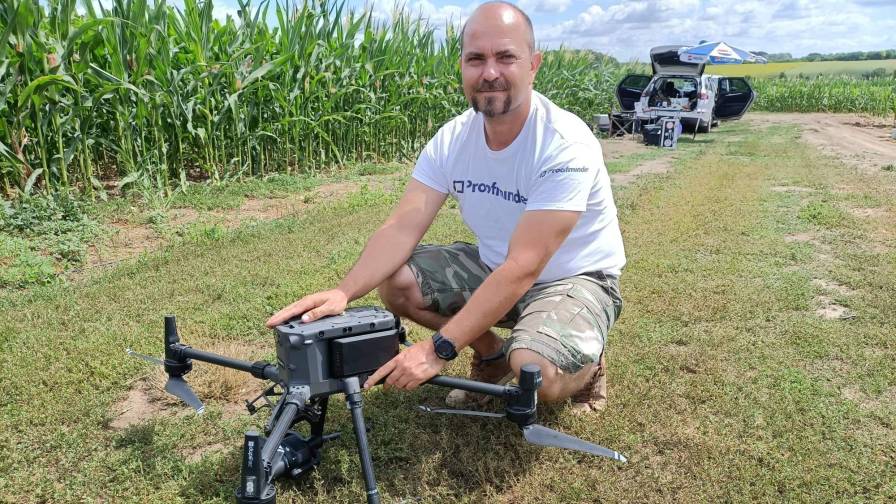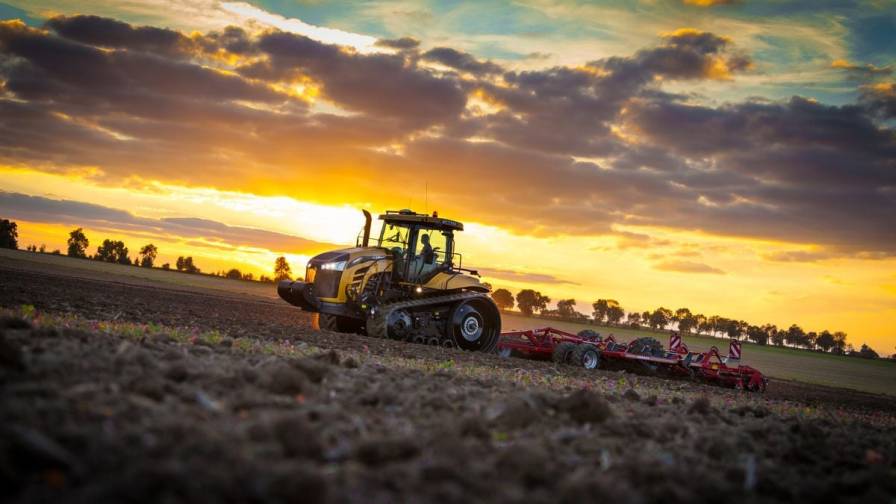Here’s Why the Personal Touch is So Important for Ag Tech in 2020
It’s a new year, but just as importantly a new decade — and precision agriculture’s fourth, really, since it had its first stirrings in real-world crop production back in the 1990s. So maybe it’s not surprising that as ag tech matures and comes of age, attention turns increasingly to the human considerations — the “wetware,” so to speak — of technology use. After all, continued adoption of precision / digital agriculture could be a long, slow grind if growers and their trusted advisors don’t personally, at their core, feel comfortable using technology.
Just ask Stephanie Lynch. As Customer Experience Manager for The Climate Corporation, she leads a customer support center of experts in IT and/or agriculture. They’re based in the heart of the U.S. Midwest specifically to be on the same time zone and wavelength as a large portion of their North American customer base that uses the FieldView suite of technologies. The idea is to transcend the simple chat bot; after all, recent research found 70% of consumers prefer interacting with a human customer service rep when facing product-related challenges.
We caught up with Lynch recently with a few questions about the human element of precision / digital technology — what the futurist John Naisbitt called “high tech, high touch” (turns out he was right). Here’s what she told us.
Why is personal contact so important in agriculture? Do you think agriculture is unique in this respect?
MORE BY JAMES C. SULECKI
How Chateau Ste. Michelle Harvests Two Grades of Winegrapes — from One Vineyard
Microsoft Research’s Autonomous Greenhouse Is Early Stage But ‘Commerce Ready’
I believe the human element is incredibly important in farming, and especially when working with digital tools. First of all, agriculture is a relationship-driven industry. Secondly, digital tools being utilized within agricultural practices is still a relatively new concept.
We also have to consider the challenging conditions under which farmers are using digital tools. Farmers depend on applications like FieldView to deliver data-driven insights to help them increase yields and conserve inputs. They need these tools to work easily, gathering data and surfacing insights, while they are in a cab in the middle of a remote field. If they have a question or issue, they need quick, direct contact with subject experts to help them troubleshoot and solve problems immediately. We know how hard farmers work and how valuable each second is during critical times like planting and harvest. Saving a farmer time is what we strive to deliver.
Farmers will sometimes need help integrating digital tools with various equipment types and brands they’re using, but just as frequently they may need help understanding the range of digital tools available to them and how they can use them most effectively. At Climate we’re addressing these needs via two distinct support teams: One team is reactive and focused on helping customers with questions or challenges they might be facing, and another team is focused more on proactive outreach, activation, and education. In both cases, direct and personal support is the most effective way for us to put our technology to work and our farmer customers first.
Do you think having a background in agriculture is critical to serving farmers?
We see agriculture experience as a huge plus when it comes to effective support. Our reps need to understand not only the technology, but the conditions under which it is used. The majority of our support teams grew up on farms and remain directly connected to farming today. A good number of our team members hold degrees in Agricultural Systems Management, Precision Agriculture, or similar disciplines and expertise.
However, I don’t think having an ag background is an absolute prerequisite to providing high-quality customer service. We have people on the team, me included, who didn’t grow up on a farm. Some of us have more of a background in digital services or customer support. This is why I think it’s so beneficial to have a large percentage of the teammates who have farming backgrounds. We all have the chance to learn from one another.
What if someone doesn’t have a background in agriculture — are there practical steps they potentially could take to better understand and empathize with the farmer?
For employees with backgrounds more heavily weighted on the tech side, we provide in-field training and experience to help ensure that they understand farmers’ challenges and needs. Just as importantly, we treat this as an ongoing education for all our employees. Regardless of backgrounds, we do our best to give employees opportunities to spend time with customers on their farms, or we invite customers to spend time in our offices to help employees gain a better understanding of how they’re using FieldView. This is not just for our customer support teams, but it’s also for our engineers, data analysts, marketing team, and others. This helps us to continually stay focused on our customers and their specific digital challenges.
What would you say are the top two or three technical issues that farmers routinely contact the customer support center about?
We receive inquiries on a number of issues — everything from what iPads and devices we support to questions about how to share data and reports with trusted advisors like agronomists and dealers. I’d say questions about how to connect the FieldView Drive to various types of equipment is an area where we frequently provide support, and there’s been some strong progress in recent years. The engineering team has worked hard to improve streaming compatibility across a variety of farming implements and unique manufacturers.
Customers also ask if they need internet access or a cellular data connection on the farm in order to use FieldView or the FieldView Cab app. We designed FieldView to work both online and offline, but unfortunately spotty broadband connectivity is still far too common. We see the expansion of rural broadband as being critically important to help customers take full advantage of data insights and operate their businesses more efficiently.
Last question: The customer support center must, in effect, act as a de facto farmer focus group for The Climate Corporation. Is there a pattern of suggestions or ideas that potentially could be integrated into Climate’s products or services in the future?
We are grateful for our customers and learn from our farmers every single day as they provide feedback and explore new applications for the tools we provide to them. At The Climate Corporation our support teams provide a feedback loop to our R&D and product teams. One of the areas where we’re always working to improve is FieldView’s ease of use. It’s a big part of our efforts to continually enhance and expand our product, both in the range of tools that we provide and in improving usability under real-world conditions.






